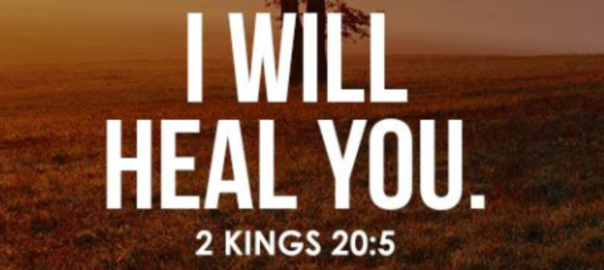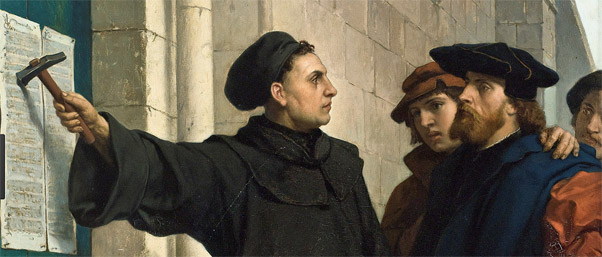
In these contentious days, it is hard for voices of sanity to be heard about the name-calling and ideological noise. In this four-part series, I want to present a new vision and voice for public dialogue that offers hope for both peaceful engagement and prudential solutions to our seemingly intractable problems.
It is my conviction that underneath all the anger and insults are disordered human affections. Our “loves” are confused. “Passion” has replaced principle and emotions seem to triumph over ethics. When politicians argue that, “facts do not matter if you are moral” we have a serious confusion of categories, a loss of critical thinking, and signs of inner chaos.
Ancient
sages often speak of at least four kinds of love: familial bonds,
brotherly/sisterly affections, the comradery of soldiers and workers,
and romantic attractions. Whether the stories come from China or Greece,
Africa or India, such affections and their proper ethics are universal.
There is another type of love that the Hebrew Scriptures and Christian theology have brought to the world: the covenantal love of the Almighty (Hebrew: hesed) the unconditional and self-donating agape love embodied in the person and work of Jesus. This altruistic, holy, and sacrificial love helps all other loves find their proper place. Familial and friendship love are now rooted in sacrifice, and comradeship is more than suffering together – it can take on nobility. And erotic attractions – powerful as they are – have boundaries of behavior and loyalty.
So much of contemporary confusion comes from eros overtaking agape and the perversion of other categories that arises when self-fulfillment overtakes service. Whether it is sexual attractions and actions, economic policies, political discourse, or cultural expression, disordered loves subvert the common good and leave everyone ultimately impoverished.
We need visions and voices rooted in agape that considers others before self, and refines actions according to their long-term consequences and not immediate power and success. Stay tuned for the applications of agape to the challenges of our day. There is hope – but not in the lowest denominator of human passion, but the highest aspirations arising from the image of God in humankind.




